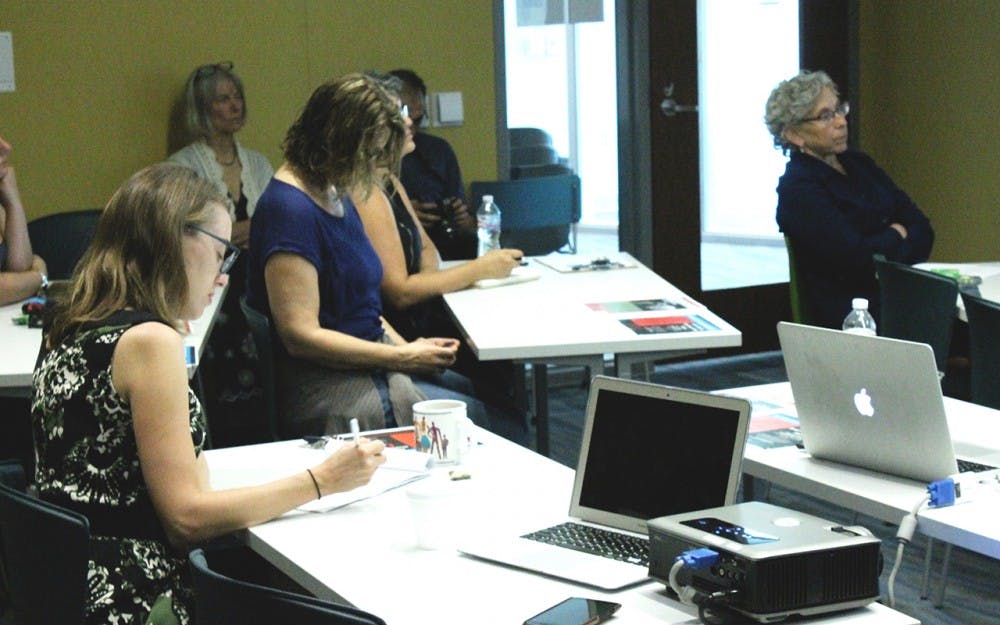Hillary Clinton and women in politics were the topics of discussion at a Thursday seminar with assistant professor of political science Diana O’Brien. The seminar was put on by the Center for the Study of Global Changes, a group dedicated to examining global ideas.
O’Brien’s discussion was open to students, faculty and the public, and O’Brien freely answered all questions concerning women in power.
“We see this really growing number of women in these head government positions,” O’Brien said. “The U.S. really lags behind when it comes to women and Congress.”
The United States ranks around No. 90 on the global scale of female representation in legislature or parliament, O’Brien said.
O’Brien gave a few different reasons for the lack of female involvement in politics or head positions. Gender roles play a huge factor, she said.
Women are likely to have less powerful offices due to gender roles. They are also likely to have positions seen as more feminine. In the military, men are chosen often instead of women as officers because people tend to prefer male candidates in these masculine environments, O’Brien said.
Clinton’s role as the Democratic candidate for this year’s election has O’Brien looking forward to the possible influence Clinton’s candidacy could have on the number of women in the government.
“This is a historic election,” O’Brien said. “2016 is the first time we’ve seen a woman become a candidate for president.”
Other than being a woman, Clinton has also claimed she would fill 50 percent of her cabinet with women. This is not the first claim made to balance the gender inequality in government.Several other countries have already begun putting more women into power.
“I don’t think you should vote for somebody because she is female, but I don’t think you should discount that,” O’Brien said.
Not all countries are progressing in this manner, though.
Georgina Ramsay, a visiting scholar from Australia, said her country is still predominantly male-led.
In 2013, the prime minister of Australia had a cabinet with only one woman, Ramsay said.
“In my own country, it’s hugely, hugely exceptional,” Ramsay said. “I just feel that we’re sort of stuck into this conservative narrative about individual merit, which just happens to equate merit with masculinity.”
O’Brien said she believes women should be able to be in office as often as men are.
“Unless you can tell me a good reason why women aren’t qualified to lead, we should have women in office,” O’Brien said.






